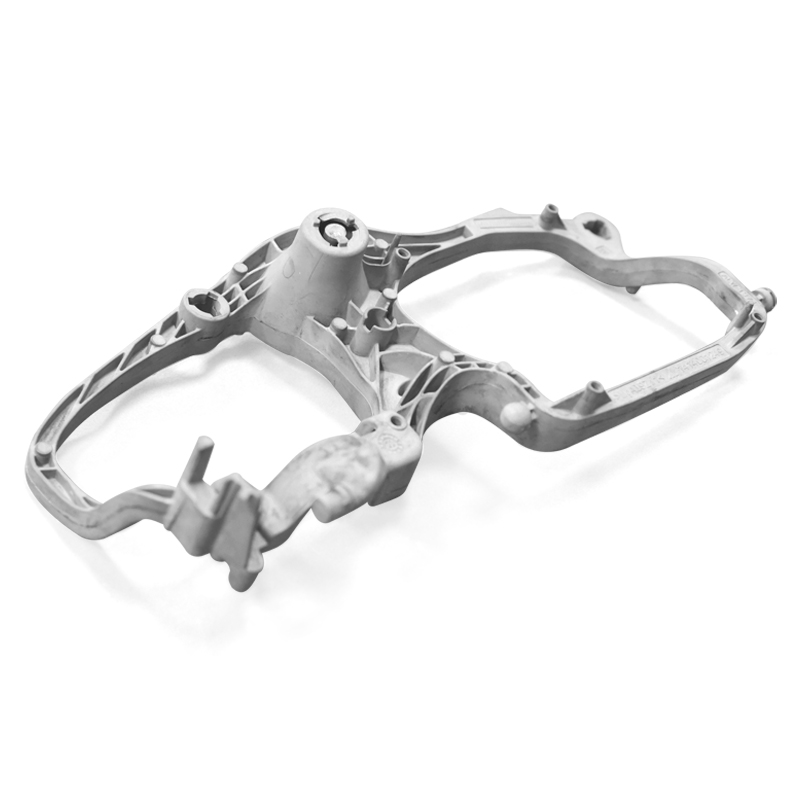When it comes to cooking, the choice of cookware plays a crucial role in determining the quality and taste of the food. Among the various options available in the market, cast aluminum and cast iron are two popular choices that have stood the test of time. Both materials have their own unique set of characteristics and advantages, making it important to understand the differences between the two in order to make an informed decision. In this article, we will compare the properties, performance, and maintenance of cast aluminum and cast iron cookware to determine which is the better choice.
One of the primary factors to consider when selecting cookware is heat conductivity. Cast aluminum is well-known for its excellent heat conductivity, which ensures that heat is distributed evenly across the cooking surface. This property allows for consistent cooking and prevents hot spots, making it ideal for dishes that require precise temperature control. On the other hand, cast iron is slower to heat up but retains heat much better, making it perfect for dishes that require long, slow cooking such as stews and braises. The high heat retention of cast iron also makes it suitable for searing and browning meats.
Durability is another crucial aspect to consider. Cast aluminum is lightweight and less prone to cracking or chipping compared to cast iron. It is also rust-resistant, making it ideal for outdoor cooking and camping. Cast iron, on the other hand, is extremely durable and can withstand high temperatures without warping or melting. It is also known for its ability to develop a natural non-stick surface over time, enhancing its cooking performance. However, cast iron is highly susceptible to rust and requires proper seasoning and maintenance to prevent corrosion.
When it comes to versatility, both cast aluminum and cast iron offer a wide range of options. Cast aluminum cookware is usually coated with a non-stick surface, making it easy to clean and requiring minimal oil or fat for cooking. It is also dishwasher safe, adding to its convenience. Cast iron, while not naturally non-stick, can be seasoned to create a slick cooking surface that rivals the performance of modern non-stick coatings. It is also oven-safe and can be used on various heat sources, including induction cooktops. However, the seasoning process and hand washing can be time-consuming and require extra care.

In terms of cost, cast aluminum cookware is generally more affordable compared to cast iron. Cast iron, with its superior durability and versatility, often comes at a higher price point. However, it is important to consider the long-term value and lifespan of the cookware before making a decision solely based on cost.
In conclusion, both cast aluminum and cast iron have their own advantages and disadvantages. Cast aluminum offers excellent heat conductivity, lightweight construction, and easy maintenance. On the other hand, cast iron provides superior heat retention, durability, and versatility. The choice ultimately depends on individual preferences and cooking needs. Those who require precise temperature control and easy maintenance may prefer cast aluminum, while those who enjoy slow cooking and want a long-lasting investment may opt for cast iron. Ultimately, both materials can deliver exceptional cooking performance when used appropriately and with proper care.

 0086-750-5616188
0086-750-5616188 +86 13392089688
+86 13392089688 sales@zhongmei-tech.com
sales@zhongmei-tech.com













